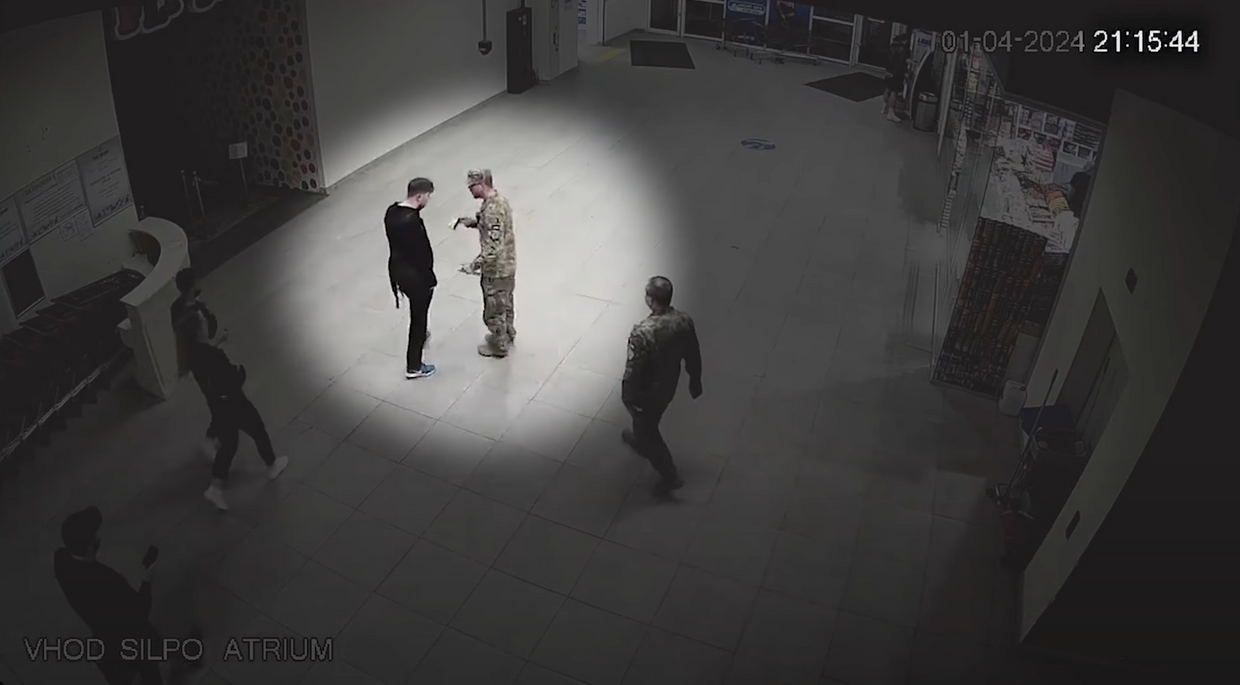Reporters Without Borders signal 'shrinking' press freedom in Ukraine

Reporters Without Borders has indicated the "shrinking" of press freedom in Ukraine and called on the authorities to take measures to counteract it, according to a statement published on June 19.
Ukraine rose from 79th to 61st in the 2024 World Press Freedom Index published by Reporters Without Borders (RSF) in May.
RSF highlighted a "worrying decline" in support and respect for media autonomy and increased pressure from the state or other political actors inside Ukraine.
At least five journalists have been under surveillance or threatened because of publications on corruption since the beginning of Russia's full-scale invasion in February 2022, the statement reads.
RSF also accused the national news agency Ukrinform of potential interference. On May 24, the Culture and Information Policy Ministry appointed Serhii Cherevatyi as the agency's director general.
Cherevatyi previously served as deputy for strategic communications to the then Commander of the Khortytsia Operational and Strategic Group, Oleksandr Syrskyi. He later became the spokesperson for the Eastern Group of the Ukrainian Armed Forces.
"A case of political interference also came to light, with the appointment of a military representative as director of the national news agency Ukrinform on May 24 and the revelation on May 29 of internal censorship, with a list of guests to be banned having been circulated to staff," the statement reads.
"And from now on, quotes and interviews with members of the armed forces must be sent three days before publication to the center for strategic military communications, according to a military decree unveiled by the media on June 12."
Such a verification period limits coverage of the war in real-time, according to RSF.
Jeanne Cavelier, head of RSF's Eastern Europe and Central Asia desk, urged Ukrainian authorities to implement recommendations from the press freedom roadmap that RSF submitted to the Ukrainian authorities in early June.
The roadmap consists of recommendations on combating impunity for crimes of violence against journalists, encouraging media pluralism and independence, ending arbitrary restrictions and discrimination regarding coverage of the war, and ensuring that those responsible for the propaganda that has incited war crimes are brought to justice.
The document also calls on Ukraine to join the International Partnership for Information and Democracy, encouraging quality journalism through the Journalism Trust Initiative and safeguarding funding for journalism.
"The pressure, threats, and interference must stop. Despite their admirable resilience after Russia launched its full-scale invasion on Feb. 24, 2022, the Ukrainian media landscape remains fragile," Cavelier said.
A few incidents have occurred in Ukraine over the past months, which the Ukrainian media view as mounting pressure against the press.
In April, Yevhenii Shulhat, a Slidstvo.Info journalist, published an investigation into Illia Vitiuk, the Security Service of Ukraine (SBU) cybersecurity chief, that led to Vitiuk's dismissal. Shulhat was reportedly later targeted by enlistment officers in retaliation.
Other incidents included the illegal surveillance of investigative outlet Bihus.Info and threats to journalist Yurii Nikolov.
Nikolov's investigations into inflated prices for food supplies and low-quality winter jackets for the military prompted the ousting of previous Defense Minister Oleksii Reznikov.














